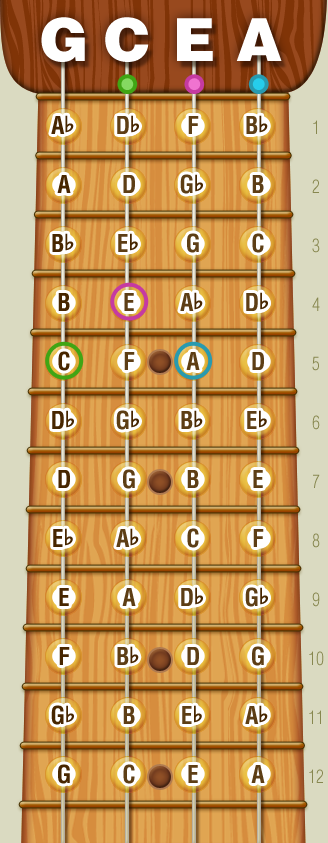

“I might be the builder, but Kristen, taking care of the administrative duties, is really the backbone of the company.” “We complement each other really well,” says Souza. Like the three other K’s, it’s a family-based company, led by Joe Souza, the instrument maker, and his wife, Kristen, who handles customer sales and accounting. Kanile`a is headquartered in Kaneohe, a census-designated place within Honolulu. Visit the Kamaka website or shop for used Kamaka ukes at Reverb. Kamaka says, “You get a personalized ukulele that will be with you for a long, long time.” The wait time for these instruments is about three to four months-but worth it. However, it is fulfilling orders for Specials-stock instruments that are semi-customizable, with upgrades like AAA or AAAA koa, spruce soundboards, wood or shell rosettes, ebony fretboards and bridges, fretboard inlays, long necks, and passive or active electronics. The company also offers custom ukuleles, but due to high demand, it’s not presently accepting orders for these instruments. Unless has messed with them, because they’re so well built, it’s usually easy for us to take them apart and get them back to playable condition,” says Kamaka. “People bring in old Kamaka ukuleles for repair, some of which my grandfather made.
Kauai ukelele full#
The instruments are highly regarded for their full sound and durability of construction. All stock models have soundboards, backs, and sides made of koa mahogany necks and rosewood fretboards and bridges.

Kamaka makes nine different ukulele models: standard standard pineapple concert four-, six-, and eight-string tenors baritone standard deluxe and concert bell-shaped deluxe. “It’s so rewarding for us to continuing making ukuleles, carefully and using the highest-quality materials, that live up to the family name.” “My grandfather always stressed that the bottom line is the sound of the instrument,” says Chris Kamaka. These days, the 29-employee company makes about 3,000 instruments per year, with stock models ranging from $895 to $2,495, all up to the lofty standards established almost 100 years ago by the senior Kamaka. Samuel Jr.’s son Chris is now the production manager, and his other son Casey builds custom orders Frederick’s son, Frederick Jr., is the business manager. In turn, the next generation of Kamakas was drafted into the company. Frederick joined the company as its general business manager in 1972, after retiring from a career with the U.S.

took over the business and saw it through periods of rapid expansion during the next couple of decades. and Frederick, then only grade-school students.Īfter the elder Kamaka died in 1953, Samuel Jr. A decade later, as demand for his instruments grew, he enlisted the help of his two sons, Samuel Jr. By the mid-1920s, Kamaka had set up a shop outside of his home, at which, among many other things, he invented the pineapple body that is today a standard alternative to the traditional bell shape. Kamaka is the oldest and most storied of the four K’s, established in 1916 when Samuel Kaialiilii Kamaka began making ukuleles and guitars in the basement workshop of his Honolulu home. Samuel Kamaka Jr., left, and Frederick Kamaka Sr. So on that next trip to Hawaii, you might find yourself visiting all of the makers and coming home with one-or four-playable souvenirs. And it happens that four preeminent makers whose names begin with K- Kamaka, Kanile`a, Ko`olau, and KoAloha-are based on Hawaii’s third-largest island, Oahu, “The Gathering Place.”īetween the four companies, you’ll find a ukulele in any style, from the most traditional bell-shaped soprano to an unusual hand-carved tenor archtop, with prices ranging from $100 to more than $10,000.Īll of the shops are open to the public and clustered relatively close together, no two more than 25 miles apart, and the closest two are a scant two miles from each other. It’s hardly surprising that some of the world’s best ukuleles are still made in Hawaii. Meanwhile, the ukulele is still thriving in its place of origin, Hawaii, where it maintains its status as the state instrument. Since the 1990s boom, the ukulele has become a global phenomenon, enthusiastically played by musicians everywhere from Great Britain to Thailand, in an incredible range of contexts.


 0 kommentar(er)
0 kommentar(er)
